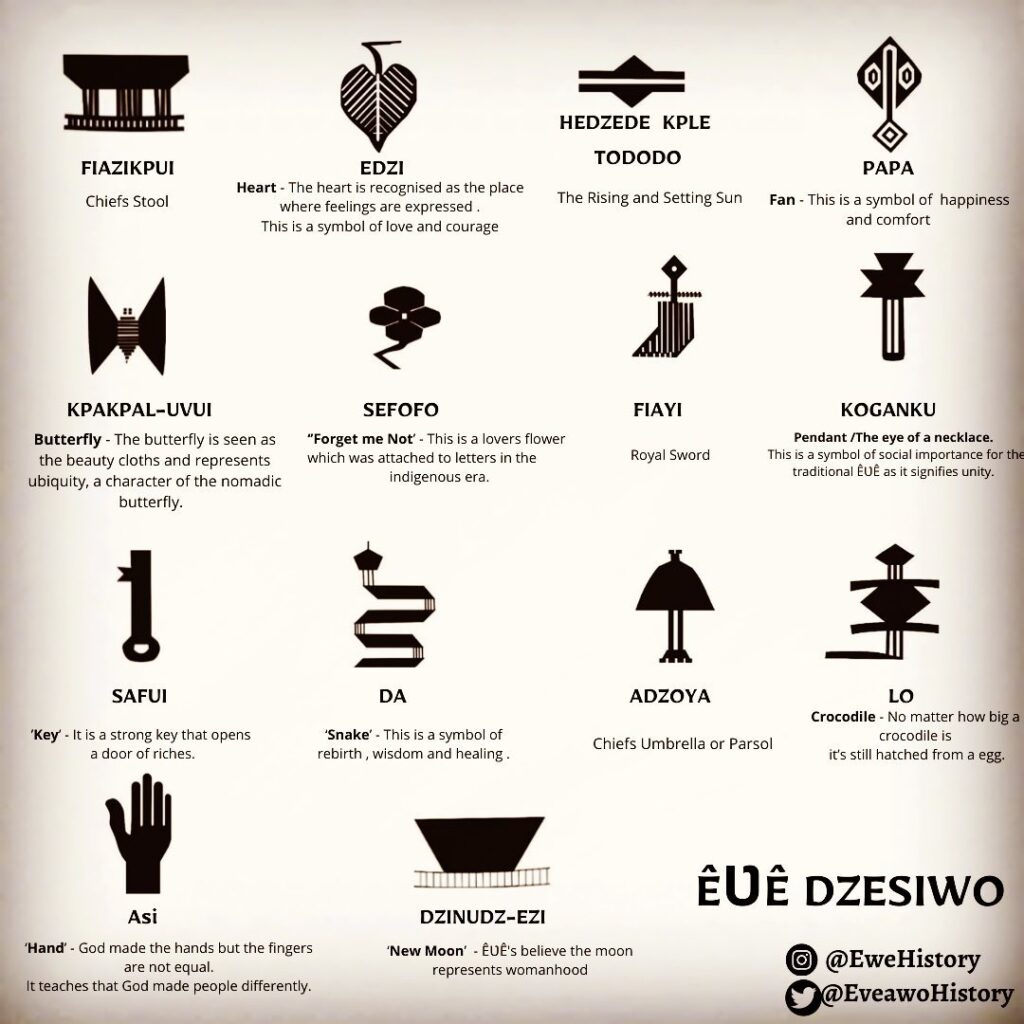Ewe Meaning delves into the multifaceted nature of this seemingly simple word, exploring its origins in both the agricultural and cultural spheres. From its etymological roots to its contemporary usage, the word “ewe” reveals a rich tapestry of meaning, encompassing the docile sheep of the pasture, the vibrant culture of the Ewe people of West Africa, and the diverse ways the word itself is employed in literature and everyday speech.
This exploration will examine the historical evolution of the word, its various interpretations, and its significance across different contexts.
We will investigate the physical attributes and agricultural role of the ewe sheep, contrasting it with other breeds. Further, we’ll journey into the heart of Ewe culture, uncovering its history, traditions, and geographical distribution. The study will also analyze the word’s figurative and idiomatic uses, highlighting its versatility and capacity for nuanced expression across languages and cultural settings.
The multifaceted meaning of “ewe”
The word “ewe,” seemingly simple, holds a surprising depth of meaning. Its usage spans centuries, encompassing diverse fields from agriculture to cultural anthropology. This exploration delves into the linguistic origins, agricultural significance, cultural representation, and figurative applications of “ewe,” revealing the rich tapestry woven by this seemingly unassuming term.
Linguistic Origins of “Ewe”
The word “ewe” boasts a history as rich and textured as the fleece of the sheep it names. Its origins trace back to Old English “ēowu,” itself stemming from Proto-Germanic
-auwō. This ancient lineage connects it to related words in other Germanic languages, highlighting a shared agricultural heritage across Europe. Early written examples appear in Old English texts detailing livestock, reflecting its established role in agricultural vocabulary.
Over time, the spelling and pronunciation have evolved subtly across different dialects, but the core meaning has remained remarkably consistent, solidifying its place as a cornerstone of agricultural lexicon.
“Ewe” as a Noun: The Sheep
The ewe, a female sheep, plays a crucial role in sheep farming and the broader agricultural landscape. Its characteristics and contribution to the industry are significant.
Understanding the meaning of “Ewe” requires exploring its diverse linguistic contexts. The term’s significance can vary widely depending on the language and cultural background. For instance, research into seemingly unrelated topics, such as the address p.o box 17316 salt lake city , might unexpectedly reveal connections to specific Ewe dialects or cultural practices. Ultimately, a complete understanding of “Ewe meaning” necessitates a broad interdisciplinary approach.
Ewes are typically smaller than rams, characterized by their docile nature and maternal instincts. Their primary function is reproduction, producing lambs that contribute to wool and meat production. Breed variations influence size, wool quality, and lambing patterns.
| Characteristic | Ewe | Ram | Lamb |
|---|---|---|---|
| Size | Smaller | Larger | Smallest |
| Horned | Often polled (hornless), but some breeds have horns | Usually horned, but some breeds are polled | Usually hornless |
| Role | Breeding, milk production | Breeding | Meat and wool production (eventually) |
Common breeds of ewe sheep include:
- Merino
- Suffolk
- Dorset
- Rambouillet
- Texel
“Ewe” as a Noun: The People
The Ewe people, an ethnolinguistic group primarily inhabiting Togo and Ghana, possess a vibrant and rich cultural heritage. Their history is marked by resilience, adaptation, and the preservation of unique traditions.
The Ewe are known for their intricate weaving, distinctive musical traditions, and strong community bonds. Their history spans centuries, encompassing periods of both independence and integration within larger political entities. Their traditional beliefs and practices have been adapted and evolved in response to external influences while maintaining a strong sense of cultural identity.
A timeline of key events in Ewe history would include significant migrations, interactions with European powers, and the development of modern Ewe society.
Figurative and Idiomatic Usages of “Ewe”
While primarily associated with sheep and the Ewe people, “ewe” occasionally finds its way into figurative language. Although not widely used in idiomatic expressions, the word’s inherent association with gentleness and maternal care could potentially be leveraged metaphorically. For example, a writer might use “ewe” to evoke a sense of nurturing or protective care within a narrative context.
Visual Representation of “Ewe”

Source: erudyx.com
A realistic image of an ewe sheep in a pasture would depict a creature of medium size, with a coat of wool varying in color and texture depending on the breed. The ewe might be depicted grazing peacefully, its fleece catching the sunlight. The surrounding environment would consist of lush green grass, perhaps dotted with wildflowers, under a clear sky.
The lighting would be natural, illuminating the scene with a warm, inviting glow. The ewe’s posture would suggest calm contentment, its head lowered as it grazes.
A symbolic representation of the Ewe people might feature individuals adorned in traditional clothing, perhaps engaged in activities reflecting their cultural heritage, such as weaving or music-making. The imagery would highlight their rich cultural traditions and the strong sense of community that defines their society.
“Ewe” in Different Contexts, Ewe Meaning
The usage of “ewe” varies significantly across different contexts. In agricultural publications, it is a purely descriptive term, devoid of emotional connotations. In contrast, a fictional work might use “ewe” to evoke specific imagery, symbolism, or emotional responses, depending on the author’s intent.
| Context | Connotation | Example |
|---|---|---|
| Agricultural Text | Neutral, descriptive | “The ewe gave birth to healthy twins.” |
| Poetry | Symbolic, evocative | “The gentle ewe, a symbol of maternal care.” |
| Ethnographic Study | Referential, specific | “The Ewe people of Ghana…” |
Ending Remarks: Ewe Meaning
In conclusion, the seemingly simple word “ewe” reveals a complex and fascinating story, reflecting the interconnectedness of language, culture, and agriculture. From the humble sheep to the vibrant traditions of the Ewe people, the word’s meaning expands far beyond its literal definition. This exploration has illuminated the historical evolution, cultural significance, and versatile applications of “ewe,” showcasing its rich semantic landscape and enduring presence in various contexts across the globe.
